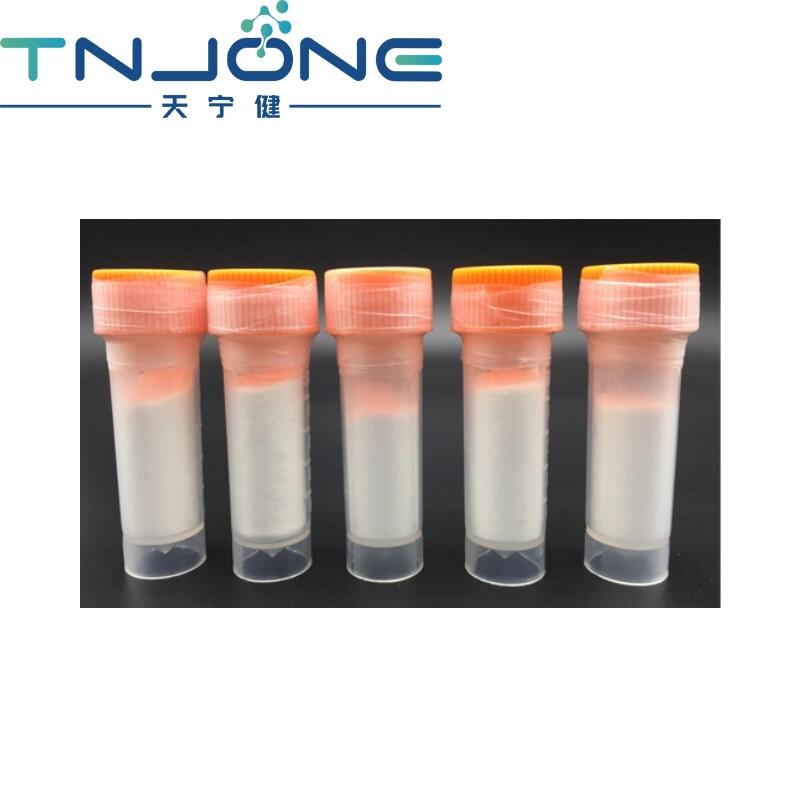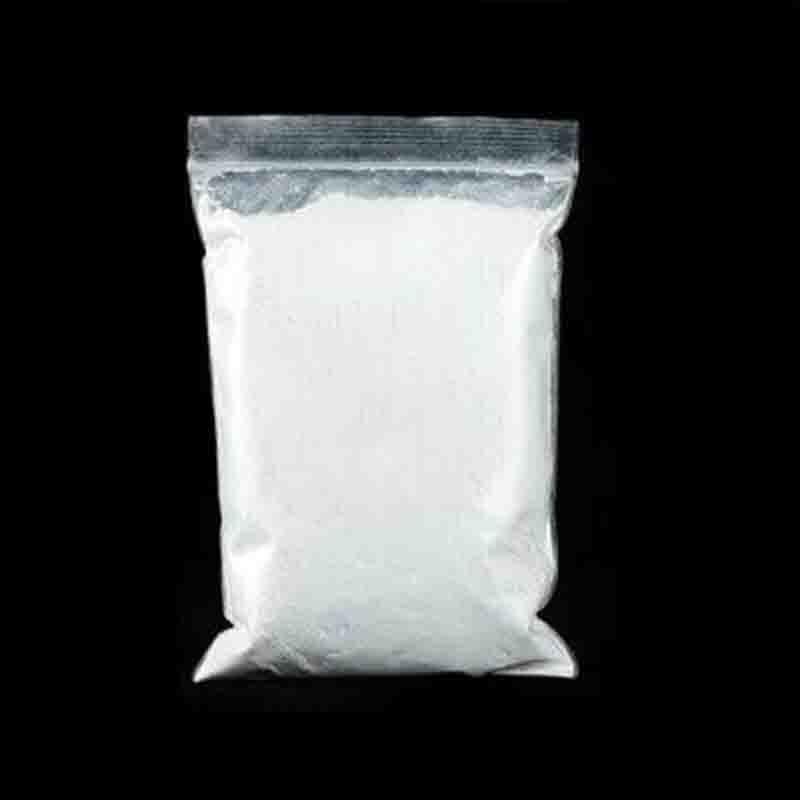-
Categories
-
Pharmaceutical Intermediates
-
Active Pharmaceutical Ingredients
-
Food Additives
- Industrial Coatings
- Agrochemicals
- Dyes and Pigments
- Surfactant
- Flavors and Fragrances
- Chemical Reagents
- Catalyst and Auxiliary
- Natural Products
- Inorganic Chemistry
-
Organic Chemistry
-
Biochemical Engineering
- Analytical Chemistry
-
Cosmetic Ingredient
- Water Treatment Chemical
-
Pharmaceutical Intermediates
Promotion
ECHEMI Mall
Wholesale
Weekly Price
Exhibition
News
-
Trade Service
Alzheimer's Disease (AD) is a multi-factor disease closely related to aging.
main neuropathological features of AD are β-amyloid protein deposition to form plaques and micro-tube protein tau excessive phosphate to form nerve fiber entanglement.
study of brain tissue samples and model mice from previous AD patients found significant apparent regulatory changes and dysfunctions, including DNA methylation and de-methylation, during degenerative lesions of AD neurons.
important surface control system, DNA methylation and dna methylation are involved in many biological processes and are closely related to the development of many diseases.
but the academic community is not clear " what are the characteristics of abnormal changes in DNA methylation and demethylation occurring in AD neuron degenerative lesions?" "Does it involve and affect AD neuron degenerative lesions?" and so on.
To this end, Li Jiali, a researcher at the Kunming Institute of Zoology of the Chinese Academy of Sciences, used brain tissue samples from AD patients and mice with 3xTg AD models to detect and analyze the dynamic changes in DNA demethylation in AD neuron degenerative lesions, and to study in depth the possible roles and factors in AD neuron degenerative lesions.
5-hydroxy-methyl cytosine (5hmC) is an important intermediate product of DNA de-methylation, and its mediated surface regulation involves more biological processes.
study found significant loss of 5hmC levels in the cerebral cortical layer and hippoc between AD patients and 3xTg AD mice.
-point hybridization and hMeDIP-seq results showed that the overall level of neuron 5hmC showed a more significant decrease in neuron 5hmC in AD mice than in neuroglial cells, and bioinsynistics showed that the loss of 5hmC was closely related to the expression disorder of genes associated with neuron survival and synth plasticity.
current research suggests that the process of converting 5-methyl cytosine (5mC) into 5hmC is mainly catalyticly regulated by the TET enzyme family.
researchers found a significant decrease in TAT enzyme levels in the cerebral cortical and hippocupal regions of AD patients and model mice, suggesting that this may have been a significant cause of the 5hmC level reduction.
To clarify the role of different subtypes of TAT enzymes in AD, the researchers expressed the enzyme activity regions of TAT enzyme families 3 members in the sea mass of AD mice and found that the active regions of TAT3 enzymes were effective in improving neuron degenerative lesions in mice, including reducing A-beta deposition, geriatric plaque formation and tau protein excessive phosphate and neurofibromatic tangle formation;
This study reveals the important role of 5hmC-mediated metastrative disorders in the process of AD neuron degenerative lesions, and is conducive to an in-depth understanding of the biological role of abnormal changes in DNA methylation and de-methylation in aging-related neurodegenerative diseases.
()







